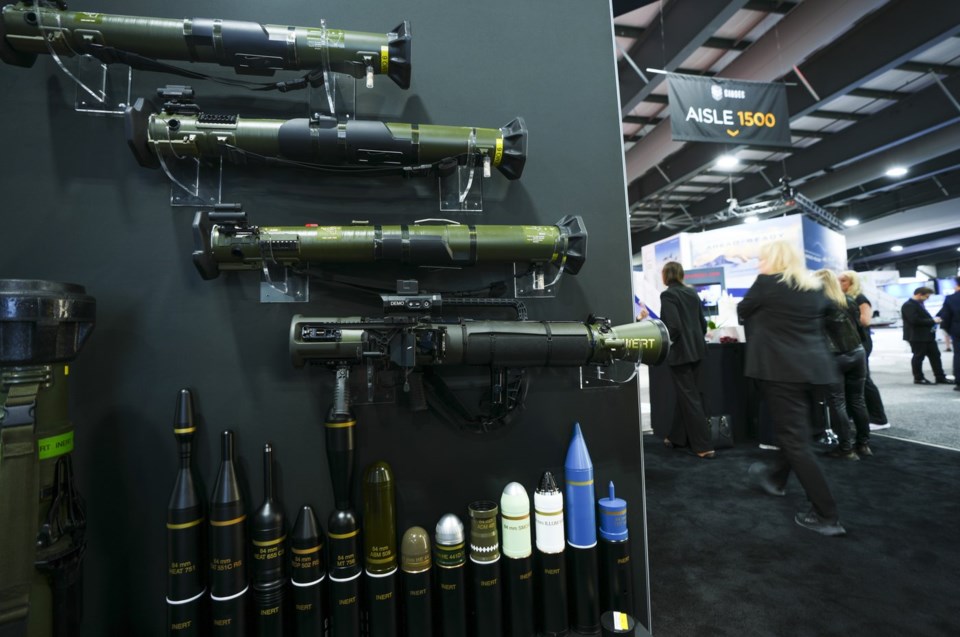OTTAWA — The parliamentary budget officer says if the federal government wants to meet NATO's military spending target by 2032 as promised, it will have to almost double defence spending to $81.9 billion.
The budget watchdog made that conclusion in a report published Wednesday on the fiscal implications of meeting the NATO target, which stipulates that member states spend two per cent of their GDP on defence.
All 32 NATO allies have agreed to spend at least that amount on defence, but Canada is one of the only nations that has not presented a plan to reach the target. Twenty-three members already meet the target or say they will by the end of this year.
At the NATO leaders' summit in Washington, D.C., in June, Prime Minister Justin Trudeau pledged that Canada would meet the spending target by 2032.
Trudeau was under increasing pressure from allies, particularly U.S. politicians, to present a plan at the summit, which came a year after NATO leaders agreed to make two per cent a minimum spending target.
Republican presidential nominee and former president Donald Trump has said in the past that the U.S. would not offer protection to NATO allies who are not pulling their weight if he were to return to the White House. Mutual protection is a core tenet of the alliance.
Trudeau offered no details about where and how spending will increase. The PBO said Wednesday the government has not yet released figures detailing how it will get to the goal.
Canada's latest defence policy, which was released in April, estimated that overall defence spending would grow to 1.76 per cent of GDP by the end of the decade.
However, the PBO says that forecast was based on erroneous economic growth projections that assume the country would be in a four-year recession.
"Using PBO GDP figures, which are broadly in line with the Department of Finance and other independent sources, the recalculated forecast places defence spending at just 1.58 per cent of GDP by 2029-30," the report said, up from 1.35 per cent in 2024-25.
The report says the federal government is expected to spend $41 billion on defence in the current fiscal year.
In a statement, a spokesperson for Defence Minister Bill Blair said "we respectfully disagree with the conclusions of this report."
The statement said NATO uses projections from the Organisation for Economic Co-operation and Development to analyze defence spending among allies.
Blair told reporters Wednesday that "the spending metric that we have agreed to with NATO is based on the NATO calculation of every member's GDP," adding that he appreciated and respected the PBO's "optimism for our economy."
His office said based on the OECD numbers, "we remain confident that Canada will reach the two per cent level of defence spending by 2032," without providing any further details about that spending.
This report by The Canadian Press was first published Oct. 30, 2024.
Nojoud Al Mallees, The Canadian Press



